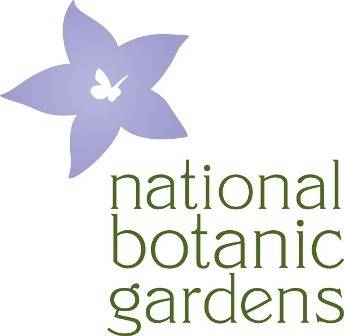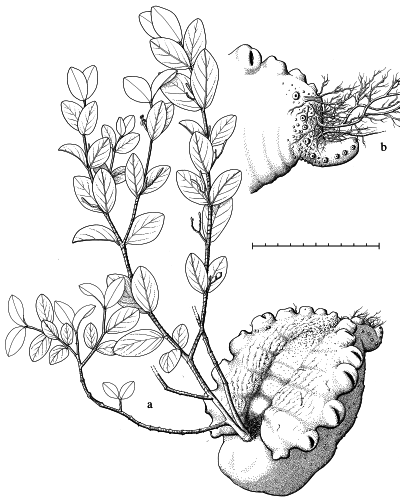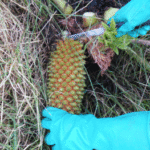Welcome to the National Botanic Gardens
The National Botanic Gardens Glasnevin are currently open for Summer Hours, from 9.00am to 5.00pm on weekdays and 10.00am to 6.00pm on Saturdays, Sundays and Bank Holidays.
Winter hours at Glasnevin will start on Monday 3rd November 2025 from 9.00am to 4.30pm weekdays and 10am to 4.30pm weekends and Public Holudays.
The Gardens at Kilmacurragh are open 9.00am to 5.00pm daily (last entry 4.30pm).
The Gardens at both Glasnevin and Kilmacurragh are open every day throughout the year, except 25th December (Christmas Day). There is no admission fee to walk and explore.
The National Botanic Gardens of Ireland are an oasis of calm and beauty, and entry is free. A premier scientific institution, the Gardens contain important collections of plant species and cultivars from all over the world. The National Botanic Gardens in Dublin are located in Glasnevin, just three kilometres from Dublin City Centre, and are famous for the exquisitely restored historic glasshouses. The National Botanic Gardens in Wicklow are located in Kilmacurragh, where the milder climate, higher rainfall, and deeper, acidic soils of this historic Wicklow garden, provide a counterpoint to the collections at Glasnevin. The two gardens have been closely associated since 1854. The National Botanic Gardens of Ireland are operated and managed by the Office of Public Works.
Please note that the usual rules apply: no dogs (except guide dogs), no ball games, picnics, sports, bicycles, tricycles, scooters, skateboards, roller skates, micro-scooters, balance bikes and other vehicles (except wheelchairs).
Opening Hours
For Glasnevin »
For Kilmacurragh »
Tours
At Glasnevin »
Visitor Centre Reception
Please use the Visitor Centre phone number or email to enquire about all events, educational, or accessibility queries:
+353 1 804 0319 botanicgardens@opw.ie
The Botanic Gardens Blog
Read the latest posts below, and click through to the full Blog for all news articles and updates.
A Revision of the Ant-Plant Genus Hydnophytum (Rubiaceae)
Dr Matthew Jebb Hydnophytum kajewskii (above), a species of ant-plant from Bougainville island, has the most elaborate tuber structure known, and must rank as one of the most elaborate and bizarre vegetative structures in the entire plant kingdom. The boat-shaped...
Irish Plant Scientists’ Association Meeting (IPSAM) 2009
You are warmly invited to the Irish Plant Scientists' Association Meeting (IPSAM) 2009 to be held from the evening of Wednesday 18th to lunchtime of Friday 20th March at Trinity College Dublin. As with all IPSAM meetings, it is open to anyone working in plant sciences...
Eradication of Gunnera tinctoria on Clare Island, Co Mayo
Project Background Alien invasive plant species are currently of global concern, they are considered to be the second largest threat globally, after habitat destruction, to biodiversity. Gunnera tinctoria is native to Chile and Argentina and is currently an invasive...





